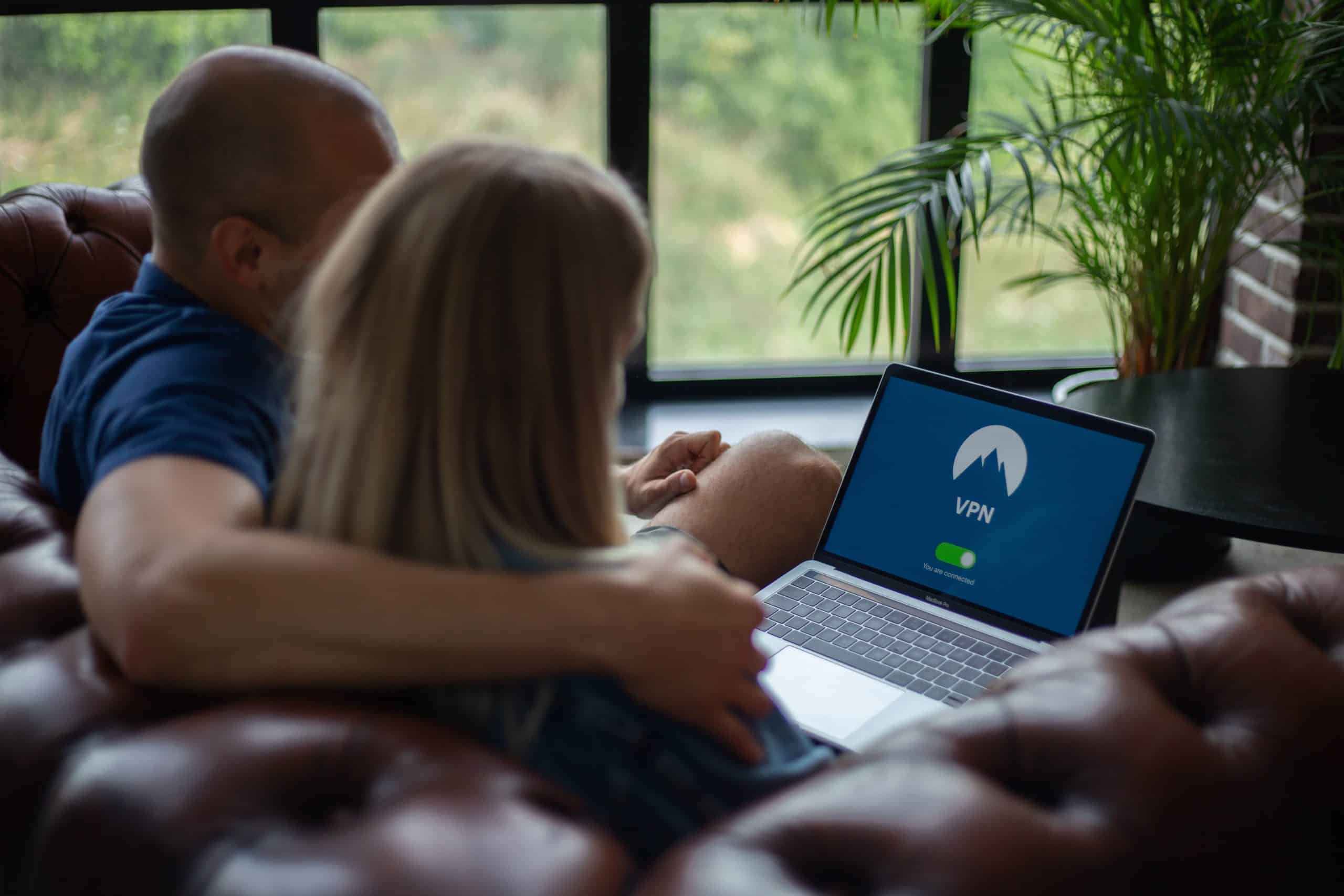
If they approved the text, children aged 5 to 16 will learn to spot scams, manage their personal data and avoid malicious people.

Australia wants to teach the basics of cybersecurity to children and adolescents, reports The Register. A very far from absurd idea, given the essential role played by the Internet in the daily life of our societies.
Using teleworking following the Covid-19 pandemic has increased the number of cyber attacks. Today, no one is safe on the web, proof of this with the Facebook data leak that affected 533 million people around the world. What could be better than training students from an early age to prevent them from becoming victims of all kinds of scams, or even worse?
With this in mind, Australia wants cybersecurity to be an integral part of the education of its young people. A component entitled “Consider privacy and security” so that students “develop techniques to manage data, which is personal, and effectively implement security protocols” has been added to the program review project. School in the country. It will concern pupils from 5 (school entry age) to 16 years old. Learning will of course be gradual to suit the age of the children.
For example, 6- and 7-year-old students will learn how to use usernames and passwords well, and not to click on the pop-ups that may appear on their screen. Those aged 8 and 9, meanwhile, will be taught online platforms store what personal data, and how they can reveal information about their whereabouts and identity. They will also learn why using a password is important for online games.
At the end of primary, they will also have lessons on respect on the Internet. In particular, it will teach them how to “respond respectfully to the opinions of others, even if they differ from one’s own opinions”. If this learning seems essential in today’s world, Australia is one of the first countries to want to introduce it. Unfortunately, it is not yet certain that it is 100% validated, a consultation must take place, the text could therefore still be modified.
It ultimately taught if cybersecurity to Australian children, hopefully it will be emulated in other countries around the world.
